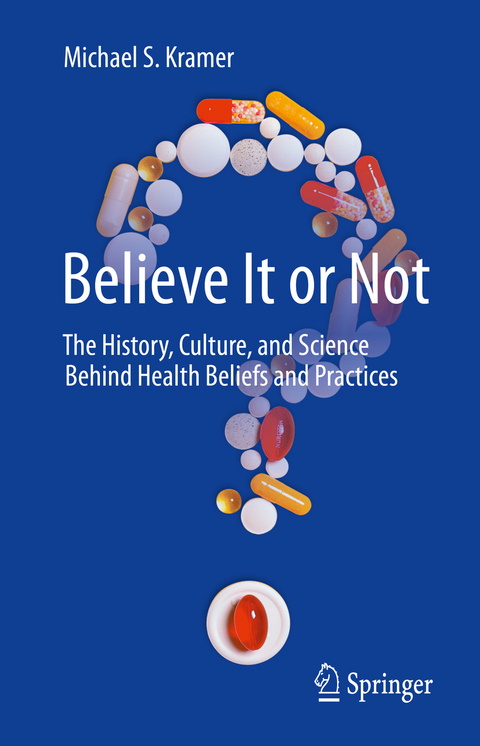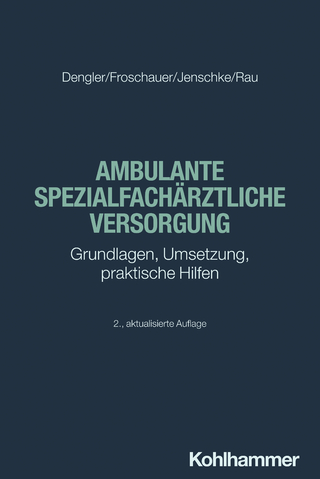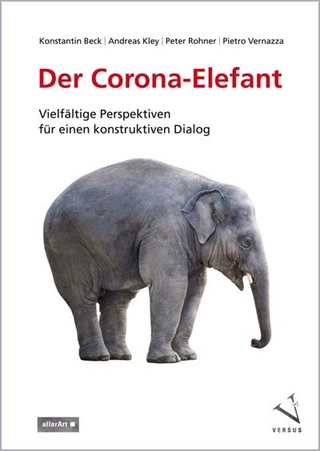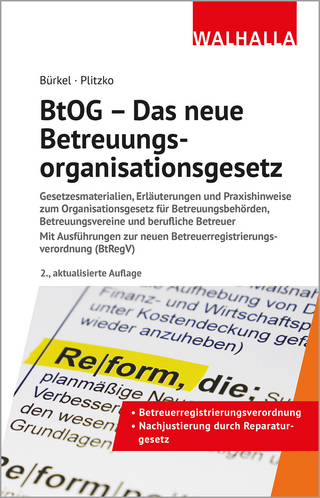
Believe It or Not
Springer International Publishing (Verlag)
978-3-031-46021-0 (ISBN)
This book examines the history, culture, and science behind health myths. The word "myth" can have two quite different meanings: (1) a shared tradition or story and (2) a belief that can be falsified. Most previous books have focused on "busting" the second type of myth - explaining why the myth is false. In contrast, "Believe It or Not: The History, Culture, and Science Behind Health Beliefs and Practices" explores the cultural and religious origins of each belief or practice and how it varies among countries and, within countries, according to age, education, ethnicity, and urban vs rural location.
Most importantly, the book relies on systematic reviews and meta-analyses to assess the extent to which the health beliefs and practices are true and influence health status. Previous "myth-busting" books have not attempted rigorous, systematic evaluations of the scientific evidence for and against the beliefs and practices they discuss. This book includes a range ofchapters dedicated to infection, skin and eye conditions, diet and food, and pregnancy and childbirth.
In an era when social media, fake news, and contradictory opinions are a mere click away, people deserve to understand the science underlying common health beliefs. Believe It or Not: The History, Culture, and Science Behind Health Beliefs and Practices is a valuable read for the general public, curious about health and science but without technical, scientific, or medical training.
lt;p>Dr Michael Kramer completed most of his early schooling in Miami, Florida. He left Miami to pursue his undergraduate studies at the University of Chicago, then moved to Yale, where he completed medical school, a residency in pediatrics, and a research fellowship in clinical epidemiology. Following his education and professional training, he moved north to accept a faculty position at the McGill University Faculty of Medicine in Montreal, Canada, where he spent his entire academic career of 42 years and is now Professor Emeritus. He practiced clinical pediatrics for nearly 25 years, but most of his time has been devoted to research and teaching.
Dr Kramer has published over 500 scientific articles and has won numerous national and international awards for his research. He served as a member of expert committees of the World Health Organization (WHO), the U.S. Institute of Medicine, and the Council of Canadian Academies. He helped establish the Canadian Perinatal Surveillance System in 1995 and from 2003 to 2011 was Scientific Director of the Institute of Human Development, Child and Youth Health at the Canadian Institutes of Health Research, Canada's national health research funding agency. In 2011, he was elected to Fellowship in the Royal Society of Canada. Dr Kramer's systematic review of the scientific evidence on the optimal duration of exclusive breastfeeding led directly to new infant feeding recommendations by WHO in 2001. His research on preterm birth helped draw attention to labor induction and elective cesarean delivery as drivers of the rise in preterm birth from the 1980s to the early 2000s. That research contributed to obstetric guidelines to restrict provider-initiated early delivery, which helped reverse the trend. Dr. Kramer was recently cited as among the most impactful 0.01% of the world's researchers across all scientific fields. His book written for the general public, entitled Beyond Parenting Advice: How Science Should Guide Your Decisions on Pregnancy and Child-Rearing, was published by Springer Nature in late 2021.
Dr Kramer is married and has three children and six grandchildren. He plays violin and is an avid chamber musician. He also enjoys a variety of outdoor activities, including cycling, hiking, tennis, and skiing.
I. How to Evaluate Scientific Evidence.- 1. How Science Helps Decide What to Believe.- 2. Summing Up: Synthesizing the Scientific Evidence.- II. Infection.- 3. Dodging the Draft: Does Avoiding the Cold Reducing the Risk of Catching a Cold?.- 4. Dietary Supplements and Common Viral Infections: "Boosting" the Immune System or the Manufacturers' Profits?.- 5. Common Sense or Nonsense? Non-Drug Treatments for the Common Cold.- III. Skin and Eye Conditions-. 6. Duct (or Duck) Tape for Treating Warts: A Quack Remedy?.- 7. Aloe Vera: Does it Work? A Burning Question.- 8. Diet and Acne: Should Teenagers Avoid Pizza and Chocolate?.- 9. I Can See Clearly Now: Do Glasses Make You More Nearsighted?.- 10. Eye Strain and Headache: A Change in Viewpoint?.- IV. Foods and Beverages.- 11.The Benefits of Intermittent Fasting: Detox or Redux?.- 12. Preventing or Treating a Hangover: Dilution or Delusion?.- 13. Preventing or Treating a Hangover: Dilution or Delusion?.- 14. Artificial sweeteners and cancer.- 15. Sugar and hyperactivity in children.- 16. Benefits of organic and non-GMO foods.- 17. Protein supplements to build muscle.- 18. Extra water to prevent jet lag.- 19. High-sugar diet and diabetes.- V. Pregnancy and Childhood.- 20. Born Too Soon: What's in a Number?.- 21. Take Your Shots? Parents' Fear of Adverse Effects of Vaccines.- 22. Does Teething Cause Fever, Rash, and Other Signs of Illness?.- 23. No Tylenol? No Problem! Beliefs About Fever and its Treatment in Children.
| Erscheinungsdatum | 30.12.2023 |
|---|---|
| Zusatzinfo | XVII, 237 p. 23 illus. in color. |
| Verlagsort | Cham |
| Sprache | englisch |
| Maße | 155 x 235 mm |
| Gewicht | 600 g |
| Themenwelt | Medizin / Pharmazie ► Gesundheitswesen |
| Medizin / Pharmazie ► Medizinische Fachgebiete | |
| Schlagworte | Debunking medical misconceptions • Diet Myths • medical myths • Pregnancy myths • scientific evidence |
| ISBN-10 | 3-031-46021-9 / 3031460219 |
| ISBN-13 | 978-3-031-46021-0 / 9783031460210 |
| Zustand | Neuware |
| Informationen gemäß Produktsicherheitsverordnung (GPSR) | |
| Haben Sie eine Frage zum Produkt? |
aus dem Bereich


